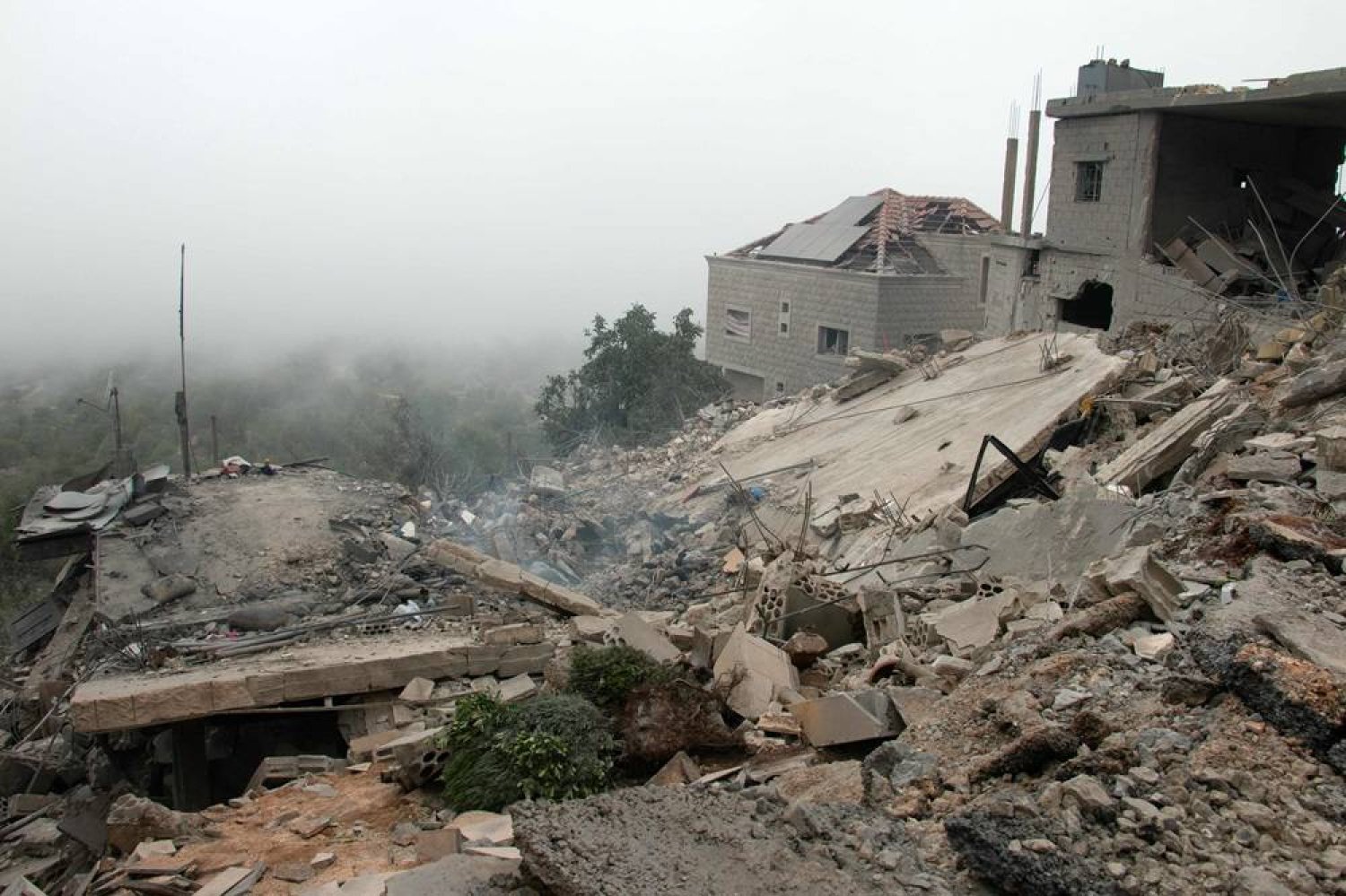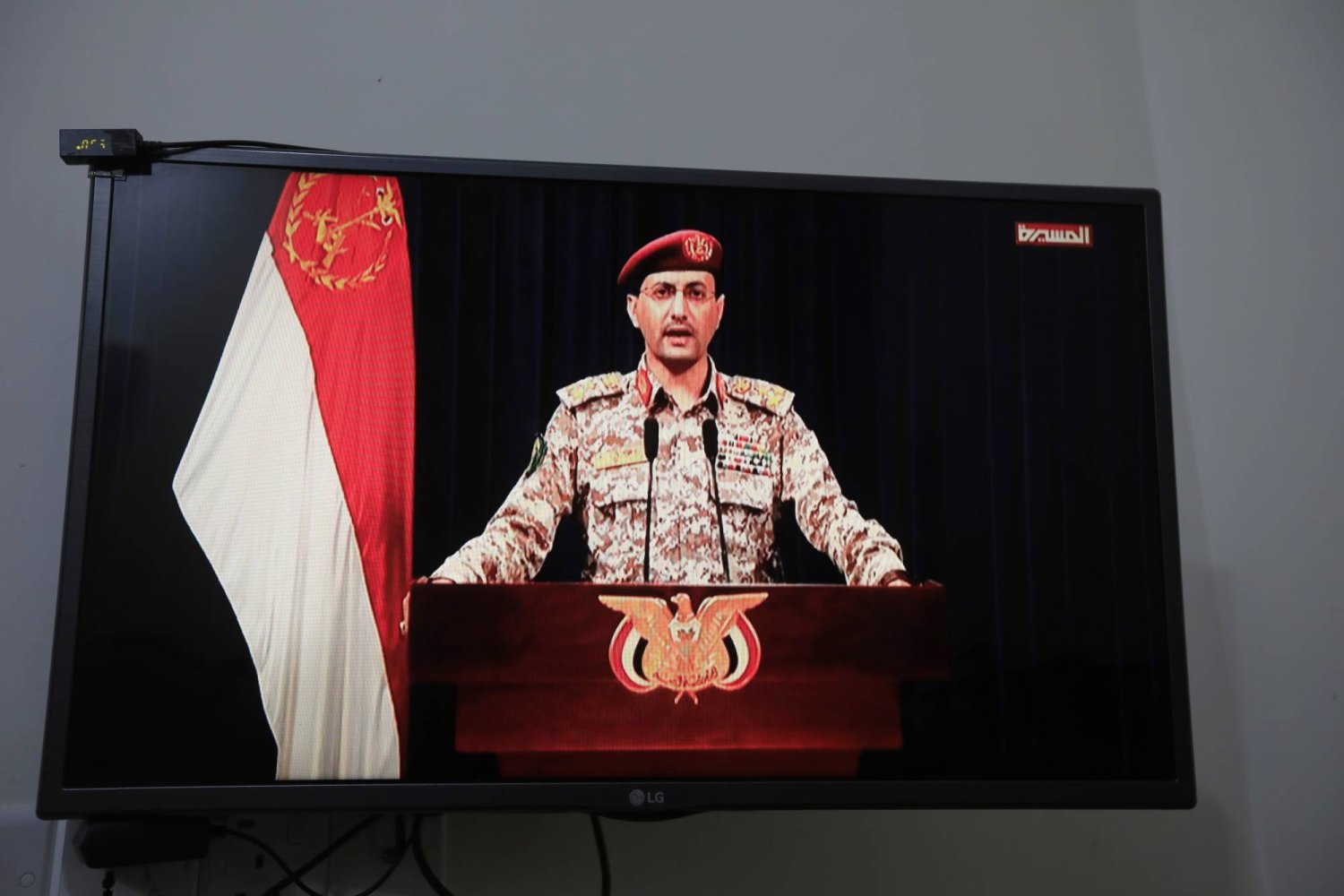The World Food Program (WFP) has criticized the delay in activating biometric authentication mechanisms for aid delivery in Houthi-controlled areas in Yemen. The hold up comes despite understandings being reached between the relief body and the Iran-backed militias.
Biometric verification was intended to facilitate the delivery of cash aid to deserving families.
WFP officials warned of famine and starvation looming over the fate of needy Yemenis.
Yemen is one of the most complex operating environments in the world and the challenges undermine the humanitarian response. Every day, WFP food trucks are tied up in bureaucratic delays. Not one person has yet been registered biometrically for food assistance in areas under the Sana’a based authorities.
“The WFP has repeatedly called on Houthis to activate biometric verification, but nothing has happened so far. This affects the eligibility of aid to reach those who deserve it,” a UN source told Asharq Al-Awsat.
A report by the Associated Press had revealed that Houthis impede the flow of aid by imposing tough restrictions on aid organizations to reach areas of their control. Relief groups had refused to work under those restrictions because they grant Houthis greater influence over how aid is distributed.
Yemen is at a tipping point as conflict and economic woes drag the country to the brink of famine and risk cancelling out the gains made through humanitarian action in the past few years, the WFP warned.
“Yemen is a man-made crisis and there is a man-made solution. We need access, funding and eventually peace,” said WFP Executive Director David Beasley.
“In 2018, we pulled Yemen back from the brink. We can do that again, if we have the funds and the access.”
Conditions in Yemen have deteriorated beyond the point reached in 2018. Over 20 million people in Yemen are food insecure with 13 million requiring WFP food assistance to meet their daily needs. Another three million people are at risk of worsening hunger as the new coronavirus sweeps unchecked across Yemen.
In 2020, WFP asked for $2.5 billion to build on the food security gains made in 2019. Around half has been made available for WFP’s response this year, including a recent US$138 million contribution from the Kingdom of Saudi Arabia.
Urgent funding requirements for the next six months amount to more than US$500 million – with US$150 million needed through the end of the year alone. Further cuts to food assistance are expected in the last quarter if additional funding is not received.
For the last six months, families in areas controlled by Houthis have only received food assistance on alternate months as WFP has tried to stretch its limited resources and avoid full breaks in assistance. But this has made life harder for millions: in just three months people with inadequate food consumption in these areas increased from 28% to 43%, according to WFP data.
















